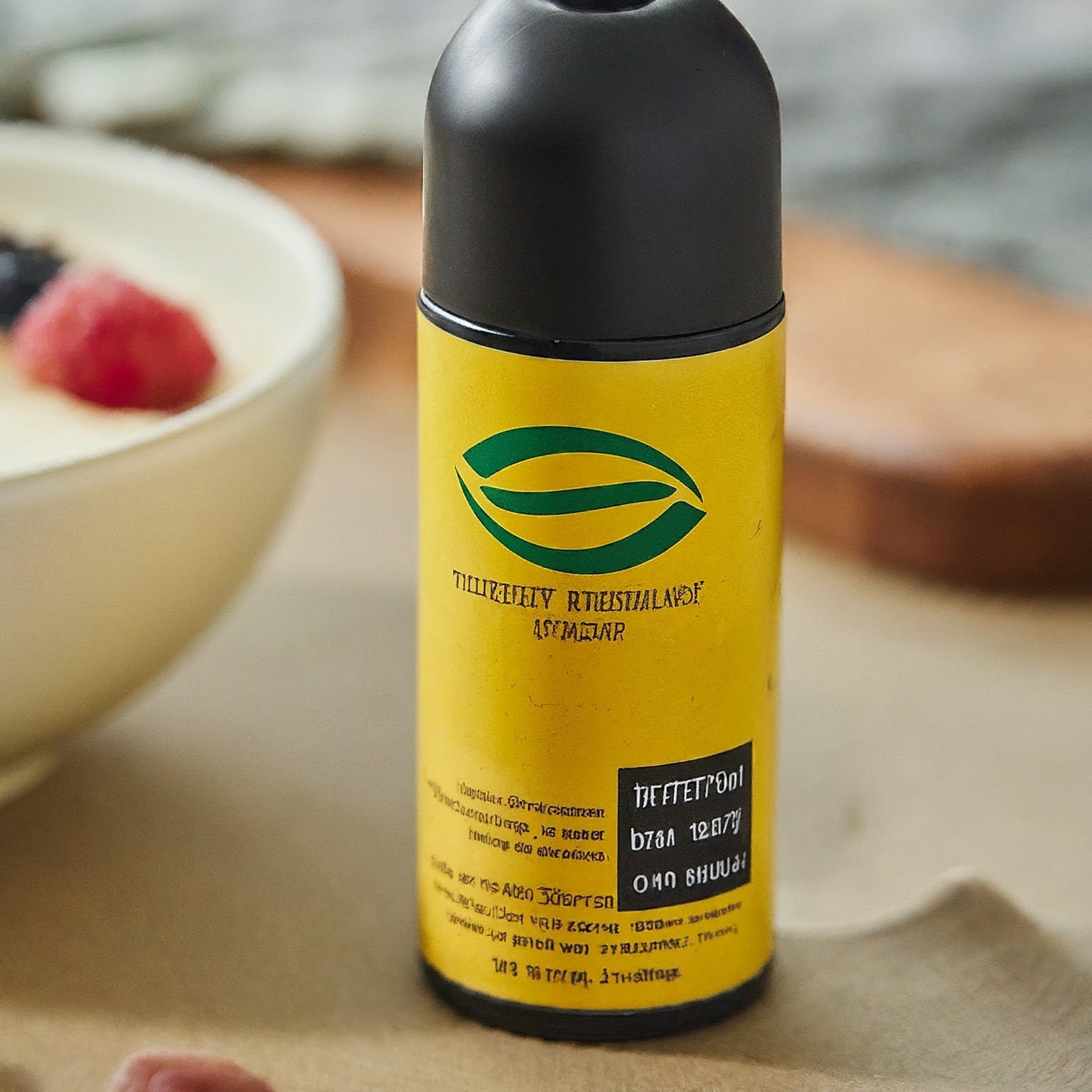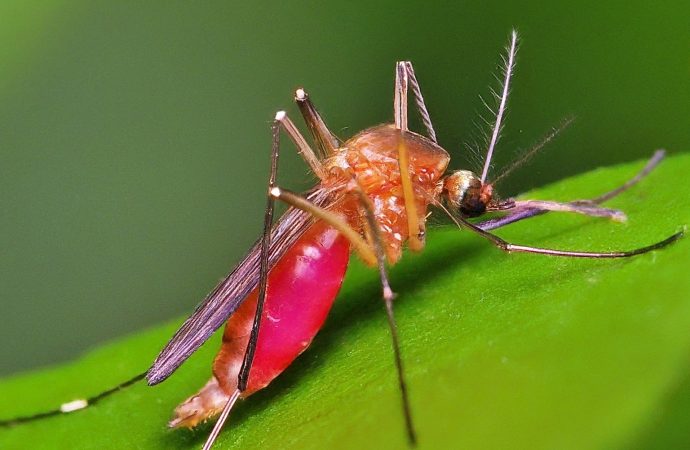Introduction: Hi everyone! I’m Dr. Sarah Jones, a public health specialist with over 15 years of experience working in the Southern U.S. As summer heats up, so do mosquito-borne illnesses, and this year, dengue fever is a growing concern. Here’s why you, especially our friends in the South, should be aware and take action to
Introduction:
Hi everyone! I’m Dr. Sarah Jones, a public health specialist with over 15 years of experience working in the Southern U.S. As summer heats up, so do mosquito-borne illnesses, and this year, dengue fever is a growing concern. Here’s why you, especially our friends in the South, should be aware and take action to protect yourselves and your loved ones.
Dengue Fever 101: A Mosquito-Borne Threat in the South
Dengue fever is a viral infection transmitted by mosquitos. While it’s more common in tropical and subtropical regions, the recent rise in global cases, particularly in Latin America, has health officials warning Southerners to be vigilant. The Centers for Disease Control and Prevention (CDC) [1] has even issued an alert due to the increase in U.S. cases, many concentrated in Puerto Rico and the Southern states.

Picture by: Google
Symptoms & Spotting the Signs: Know Dengue Before It Knows You
Dengue fever can range from mild to severe. While some people might not experience any symptoms, common ones include:
- High fever (up to 104°F)
- Severe headache
- Muscle and joint aches (often described as “break-bone” fever)
- Nausea and vomiting
- Rash
Is Dengue Serious? Understanding the Risks
While most people recover within a week or two, dengue can develop into a more serious form called severe dengue. This can lead to internal bleeding, shock, and even death. It’s crucial to seek medical attention immediately if you experience:
- Severe abdominal pain
- Persistent vomiting
- Bleeding gums or nosebleeds
- Difficulty breathing

Picture by: Google
Protecting Yourself: Bite Prevention is Key
The best defense against dengue fever is to avoid mosquito bites. Here are some essential tips:
- Apply mosquito repellent: Choose an EPA-registered repellent containing DEET (above 20%), picaridin, IR3535, oil of lemon eucalyptus (OLE), or para-methoxyphenoxyacetic acid (PMPA) [1].
- Wear protective clothing: Long-sleeved shirts, pants, and hats are your friends, especially during peak mosquito hours (dusk and dawn).
- Eliminate mosquito breeding grounds: Get rid of stagnant water around your home where mosquitos can lay eggs.
When to Seek Medical Attention: Don’t Wait Until It’s Too Late
If you experience dengue-like symptoms, especially after traveling to an area with dengue risk, see a doctor right away. Early diagnosis and treatment can significantly improve outcomes.

Picture by: Google
Beyond Your Backyard: Travel and Dengue Prevention
Traveling to the Caribbean or Latin America? Be extra cautious! Check the CDC website [1] for travel advisories and specific recommendations for your destination.
Keeping Your Community Safe: Mosquito Control Tips
Mosquito control efforts are crucial to prevent outbreaks. Work with your community to advocate for mosquito control programs and participate in neighborhood clean-up initiatives.
Informative Table: Dengue Fever Symptoms – At a Glance
| Symptom | Description |
|---|---|
| High Fever | Up to 104°F (40°C) |
| Severe Headache | Throbbing pain behind the eyes |
| Muscle and Joint Pains | Intense, widespread aches |
| Nausea and Vomiting | May include persistent vomiting |
| Rash | Red, spotty rash appearing on the skin |
Conclusion:
By understanding the risks and taking preventive measures, you can significantly reduce your chances of getting dengue fever. Remember, early detection and treatment are key. Stay informed, stay protected, and enjoy a healthy summer!
Disclaimer: This article is for informational purposes only and should not be interpreted as medical advice. Please consult your healthcare provider for any questions or concerns you may have.
















